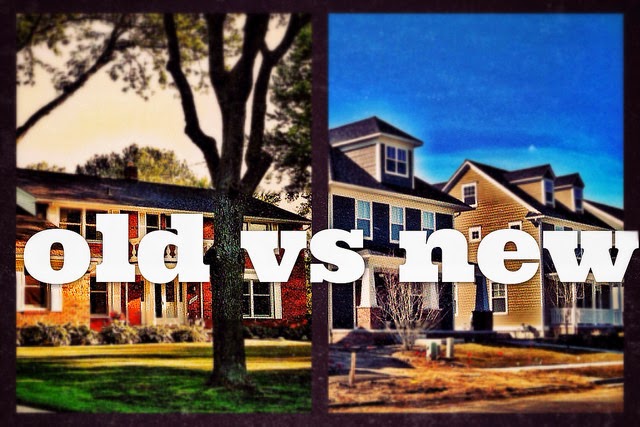The vast majority of Canadian renters under the age of 50 would like to own a home, a new survey has found.
Only about 20 per cent of those surveyed by real estate firm Altus Group Canada said they actually chose renting for the lifestyle or because they didn’t want the responsibility of owning a home. Two per cent said they didn’t think buying a home was a good investment.
Nearly 80 per cent said there's a variety of reasons why they chose renting over homeownership: saving for a down payment, fears over qualifying for a mortgage or the belief that now is not the right time to buy.
There are roughly 2.4 million people under the age of 50 renting in Canada right now, according to Altus.
The number of those who could afford to buy a home obviously depends on a variety of factors including where they want to live and what their income is. But Altus crunched some numbers, using data from Statistics Canada, to get a sense of the bigger picture.
The firm figured that, based on certain assumptions, about 650,000 current renters under 50 years old could afford to carry a $350,000 mortgage (which is about 10 per cent less than the average resale price in the country), assuming that they put 20 per cent down on an uninsured 30-year mortgage with a 3.75-per-cent mortgage rate.
But, if renters can only make a 5-per-cent down payment (and therefore require mortgage insurance, which also means they’re only eligible for a 25-year amortization) and they get a mortgage rate of 4.79 per cent, then only about 250,000 current renters could afford to carry a $350,000 home.
Altus estimated that there were roughly 300,000 first-time buyers a year on average from 2009 to 2013, and about half of them were 25 to 34 years old. About one in five households buying their first home consisted of one individual.
The average price of a first home in Canada from 2009 to 2013 was about $268,000, Altus said, compared to an average of about $303,000 for all buyers. There’s more of a discrepancy between the average price of a first home and all homes in Vancouver, where average first home prices are about 20 per cent below the average for the overall market.
Larger down payments are key to being able to qualify for and carry mortgages on more expensive homes. About half of first-time buyers who bought a home under $200,000 put down only 5 per cent, according to Altus. But among those purchasing homes of $350,000 or more, about half put down at least 20 per cent (not only reducing their relative mortgage size, but also avoiding mortgage insurance premiums).
There are lots of options available to get people into homeownership, and it's a lot easier than you may think. Consult an independent mortgage agent or contact me, I can refer you to a mortgage specialist that can explain the products and help you choose the right mortgage product.
If you have any other questions about moving from renting into homeownership, feel free to contact me anytime. Let me be your personal guide on your journey to home ownership!
Randy Miller
Broker
Re/Max Rouge River Realty Ltd., Brokerage
905-668-1800 or 905-427-1400
http://whitbybrooklinhomes.com/







